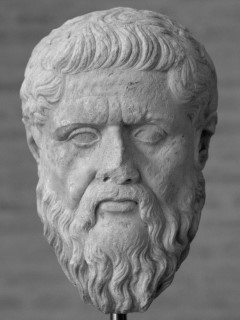
Publication details
Publisher: Springer
Place: Berlin
Year: 2016
Pages: 77-92
Series: Contributions to Phenomenology
ISBN (Hardback): 9783319277738
Full citation:
, "Carnal hermeneutics and political theory", in: Political phenomenology, Berlin, Springer, 2016


Carnal hermeneutics and political theory
pp. 77-92
in: Jung, Lester Embree (eds), Political phenomenology, Berlin, Springer, 2016Abstract
This essay is an attempt to show that the body as subject is the radical rootedness of our being-in-the-world both social and natural, i.e., Mitwelt and Umwelt. Thusly, it attempts to show the primordial and utmost importance of the body in everything we do and think in the world. It is an argument against the Cartesian dualism of mind (res cogitans) and body (res extensa), whose epistemocracy has governed modern Western philosophy over the last five centuries. The philosopher or thinker is not and cannot be a "disembodied cerebrum." The Cartesian cogito is untenably disembodied and thus monologic. In it the social construction of reality is an impossibility. In the beginning was not the word, but embodied sociality. The French feminist, Luce Irigaray, not only bucks the Cartesian epistemocratic disembodiment and monologism but also exemplifies, in a revolutionary way, tactility as the most fundamental sense that founds and funds all the other senses against the mainstream ("malestream") currency of Western philosophy from Plato's eidos to Descartes's epistemocratic endeavor in search of "clear and distinct ideas," that is, the dominance of ocularcentrism. Irigaray transforms the pariah status of tactility to its proper niche in the history of Western philosophy.
Cited authors
Publication details
Publisher: Springer
Place: Berlin
Year: 2016
Pages: 77-92
Series: Contributions to Phenomenology
ISBN (Hardback): 9783319277738
Full citation:
, "Carnal hermeneutics and political theory", in: Political phenomenology, Berlin, Springer, 2016



